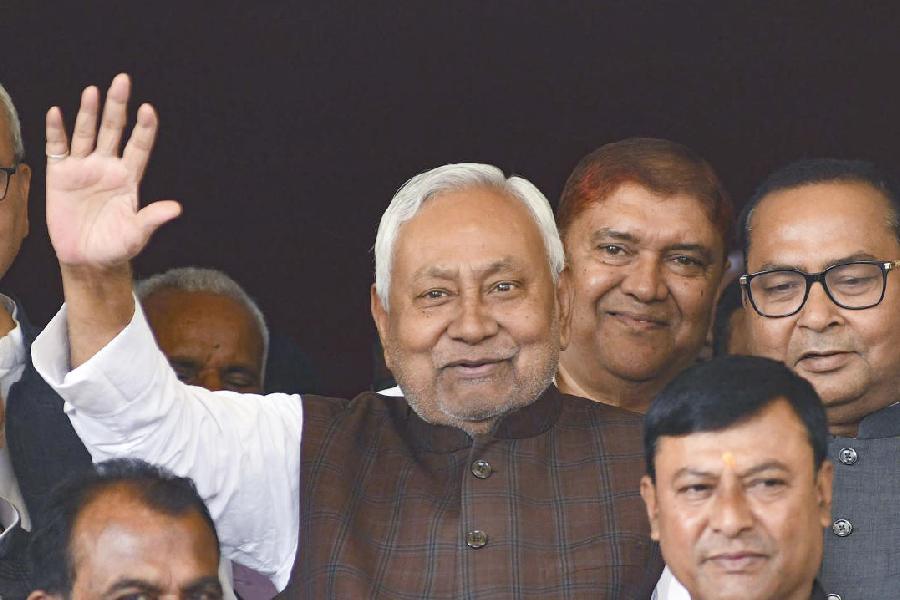 |
Writer Mamoni Raisom Goswami tells the tale of another Kamala
In my previous column, I wrote about Kamala Das, one of my close friends with whom I shared many things in common. Today, I am writing about the other Kamala — the great Sanskrit scholar Kamala Ratnam — who, too, was a close friend of mine.
Kamala Ratnam was one of India’s most erudite experts on Kalidas and the Ramayan. And it was this aspect which brought us together as the epic is my subject of interest too.
I first met her in 1989 at a scholars’ conclave organised by the Uttar Pradesh government in Lucknow. We stayed in the same hotel and one evening ran into each other.
Well, that was the start of a nearly 20-year-long friendship.
Frankly speaking, till that time I did not have much fascination for Sanskrit literature but Kamala turned me around, her wonderful talk getting me hooked to the language.
Soon I came to realise that Sanskrit was the main root of Indian literature from which all other Indian literature has sprung.
Kamala told me fascinating tales of how Muslim poets were influenced by Valmiki’s characters in the Ramayan and penned wonderful poems.
She even recited poems of Iqbal, the famous poet. I was completely bowled over by Kamala’s personality and her zest for life.
Kamala’s husband Periyel Ratnam was a well-known diplomat who served as ambassador to several countries.
Towards the end of the Lucknow conclave, Kamala asked me if I was interested in flying back to Delhi with her. She was suffering from arthritis and had great difficulty in moving about.
“You can then help me get into a taxi at Palam airport,” she told me.
“Don’t worry. I will drop you home,” I assured.
From then on, we became very close friends as she started confiding in me. That journey from Lucknow to Delhi was the start of our journey together.
I still remember the day a guest visited her house in Delhi. He was Tiyotor Baranikov, the son of Alexi Baranikov who translated the Ramayan to Russian.
Kamala invited me to her house on that day. Later, she came to my house, spent a great deal of time going through my collection of books and listening to my life story.
Her son and daughter were then in the US. One day she told me they had been inviting her to stay there.
“But I don’t want to go. I will not be very comfortable there,” she said.
She revealed that day, rather sadly, how she and her husband had built a house in Hauz Khas. “We had hoped to stay together. Look, now I am so alone,” she rued.
(To be continued)










